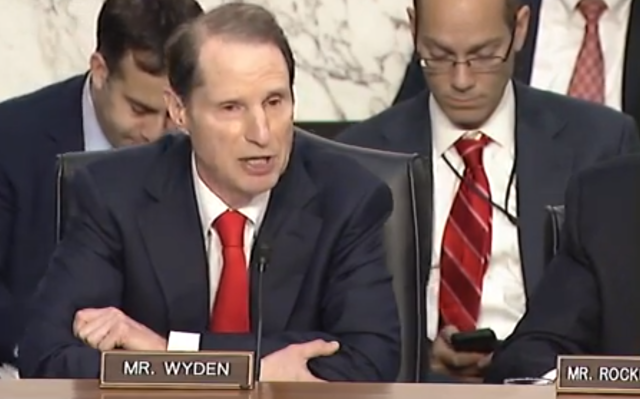Author of key Internet freedom law opposes new sex trafficking bill
Ars Technica 2017-09-19

Sen. Ron Wyden is a critic of SESTA. (credit: Ron Wyden)
The United States Senate is moving toward passage of a bill that would—for the first time—water down a landmark 1996 law that shields website operators from lawsuits and state prosecution for user-generated content. And one of the authors of that 1996 law, Sen. Ron Wyden (D-Ore.), argued Tuesday that this would be a mistake.
The Stop Enabling Sex Trafficking Act now has 28 co-sponsors, and the breadth of that support was evident at a Tuesday hearing before the Senate Commerce Committee. The legislation would allow state attorneys general to prosecute websites that are used to promote sex trafficking—something that's currently barred by Section 230 of the 1996 Communications Decency Act. It would also allow private lawsuits against sites that host sex trafficking ads.
But Wyden argued at Tuesday's hearing that weakening Section 230 would be a mistake. In Wyden's view, Section 230 has been essential for establishing the United States as a global technology leader. It freed Internet startups from worrying about getting sued for hosting user-generated content, Wyden claimed. The section also allows startups to focus their resources on hiring developers and designers instead of lawyers.